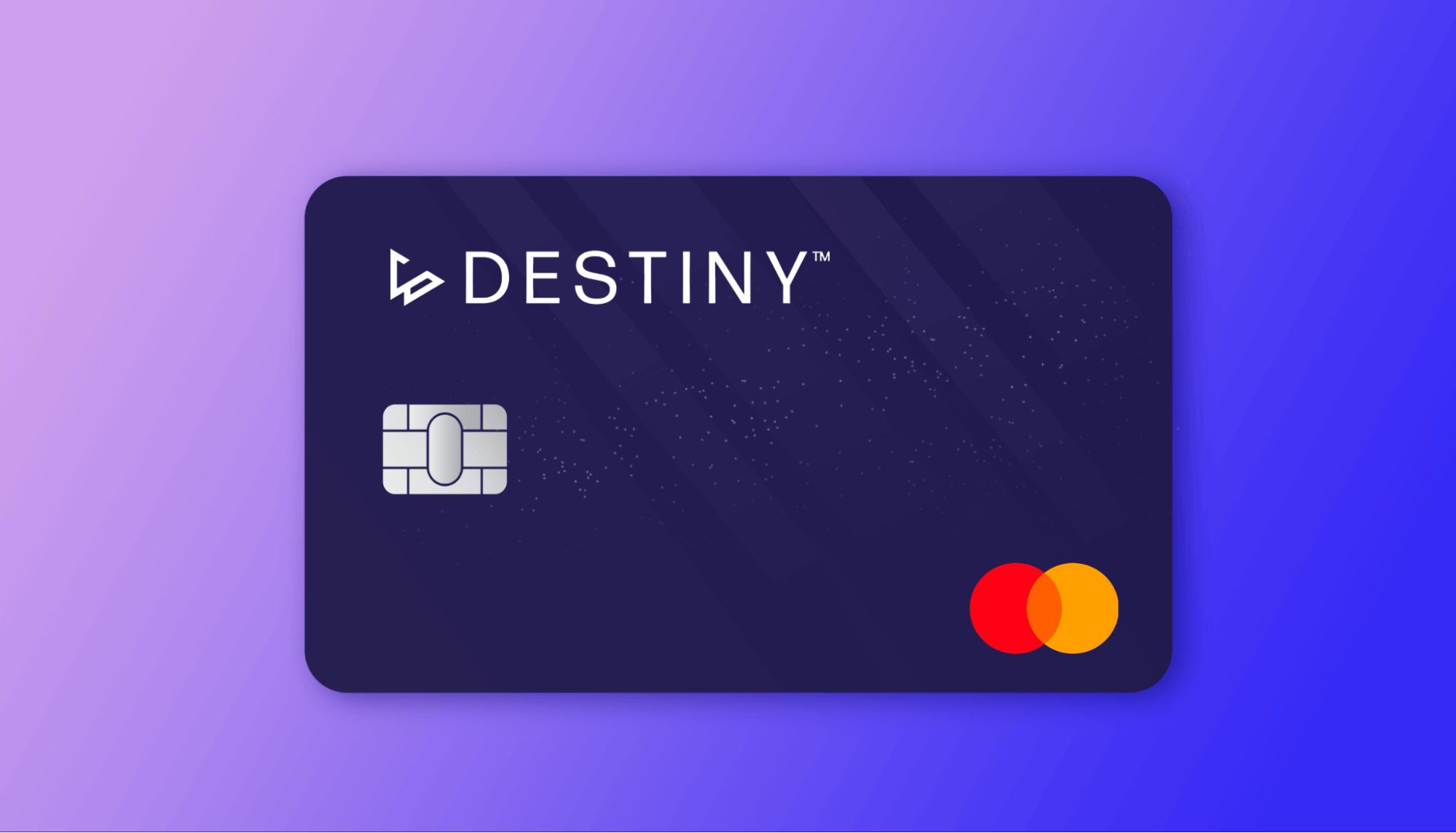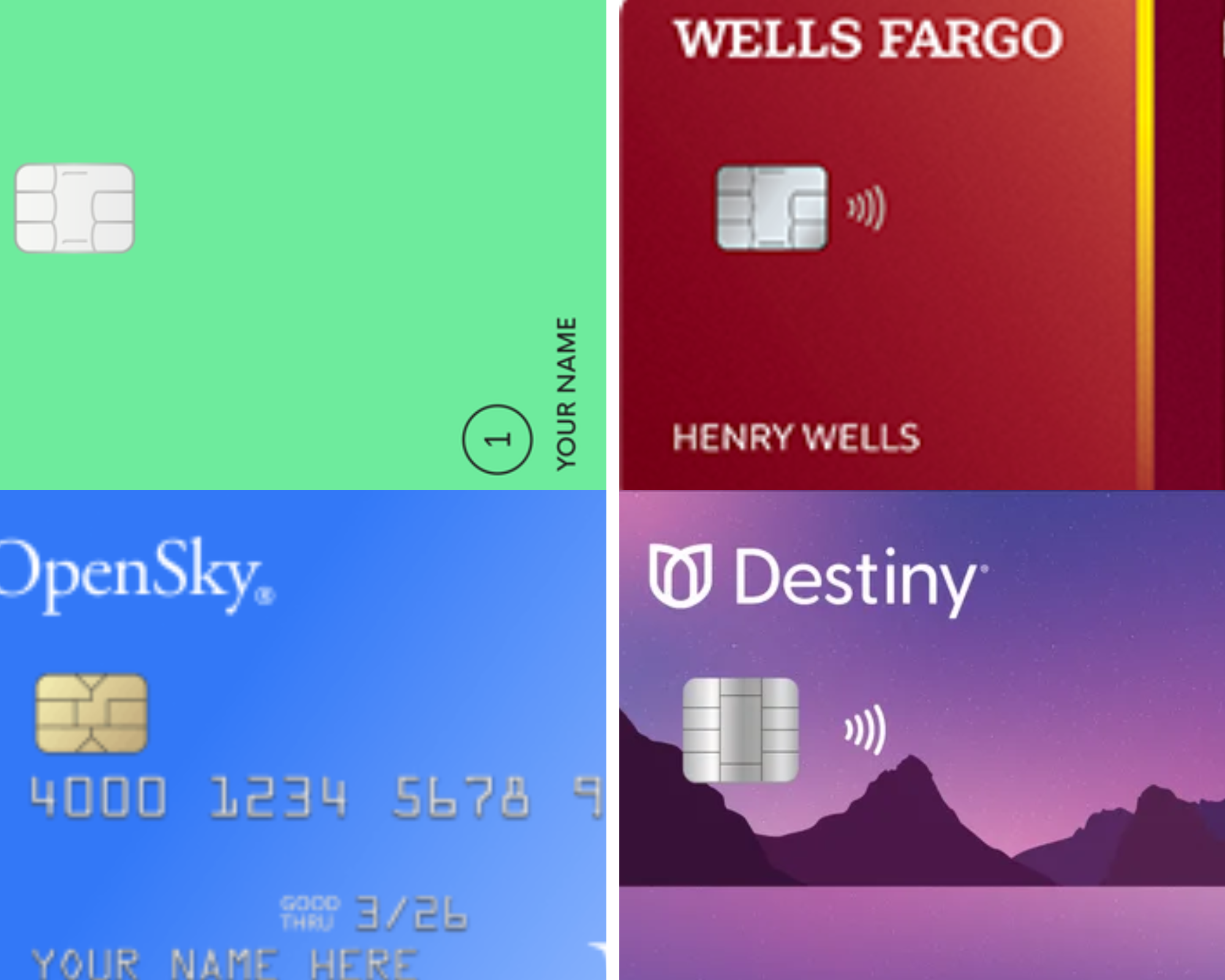Ads
Generation Z and millennials, listen up – the NHS urgently needs more blood donors from your age group! In the southwest of England, more than half of the regular blood donors are 45 years old and above. This means that younger generations need to step up and join the cause to ensure that there is a steady supply of blood for those in need.
According to NHS Blood and Transplant, located in Filton, Bristol, the southwest has the highest percentage of elderly blood donors in England. In fact, 56% of frequent donors are over the age of 45, which is a 4% increase over the past five years. On the other hand, the percentage of donors aged 17 to 24 has decreased by half during the same period. This is a concerning trend that needs to be reversed in order to maintain an adequate blood supply for patients across the region.
For those unfamiliar with the terminology, millennials are individuals born between 1981 and 1996, while Generation Z refers to those born between 1996 and 2010. These younger generations are crucial in ensuring that there are enough donors to meet the growing demand for blood in the area.
NHS Blood and Transplant has launched a new initiative targeting young people of African descent, as they are more likely to have the blood type needed to treat sickle cell anemia. This hereditary blood disorder is the fastest growing in the UK, making it even more important for individuals from these communities to donate blood regularly.
One such donor is Tami Aderonmu, a 19-year-old student at the University of Bristol, who became a “donor for life” after her first blood donation experience just before Christmas. Despite her initial fear of needles, Ms. Aderonmu found the process to be surprisingly positive. She discovered that she had the blood type needed to help sickle cell patients, which was a meaningful realization for her, given her family history with the disease.
“My mum is a doctor and has emphasized the importance of ethnically matched blood for treating sickle cell,” Ms. Aderonmu shared. “I have lost loved ones to the disease, so knowing that my blood can help others with the condition is incredibly meaningful to me.”
Dr. Jo Farrar, chief executive of NHS Blood and Transplant, emphasized the critical role that young people can play in saving lives through blood donation. “Blood is the lifeline for many patients, and it has a limited shelf life, which is why we need a constant supply from donors of all ages,” Dr. Farrar said. “With more donors over 45 than under for the first time in five years, it is essential for younger generations to step up and become lifesavers by donating blood.”
So, if you are part of Generation Z or a millennial, consider becoming a blood donor today and make a difference in the lives of those in need. Your donation could save lives and help ensure that there is an ample supply of blood for patients across the region. Join the cause and become a lifesaver – donate blood and make a difference today!







